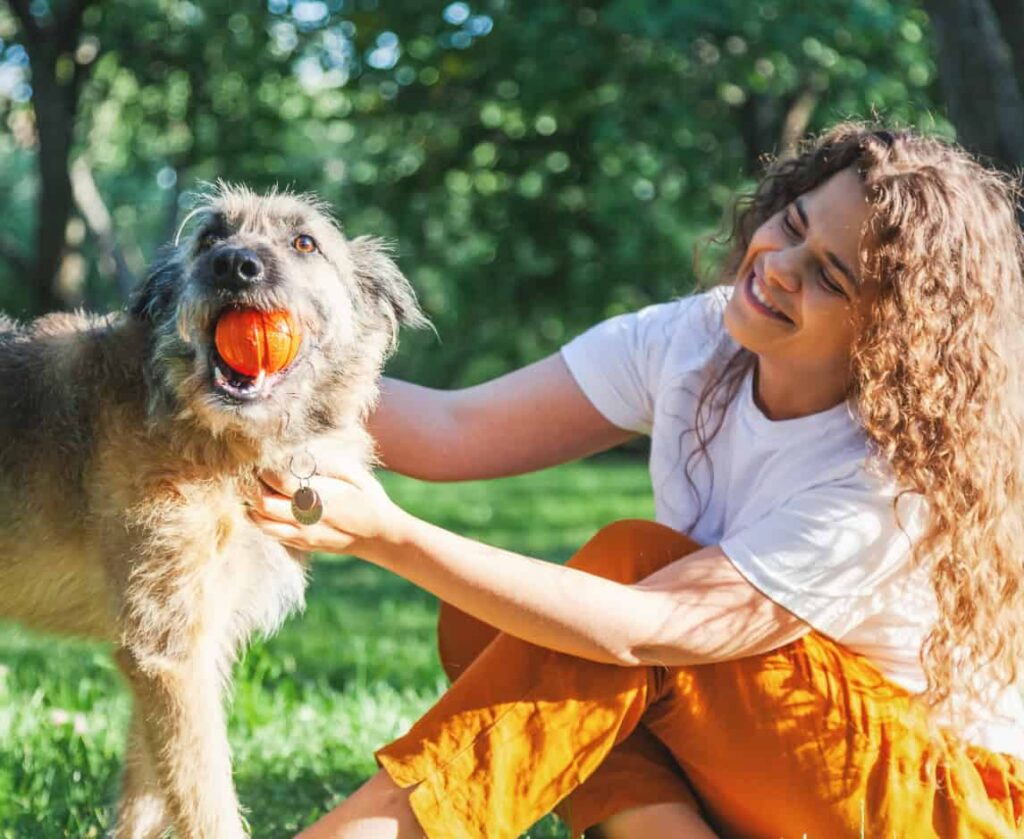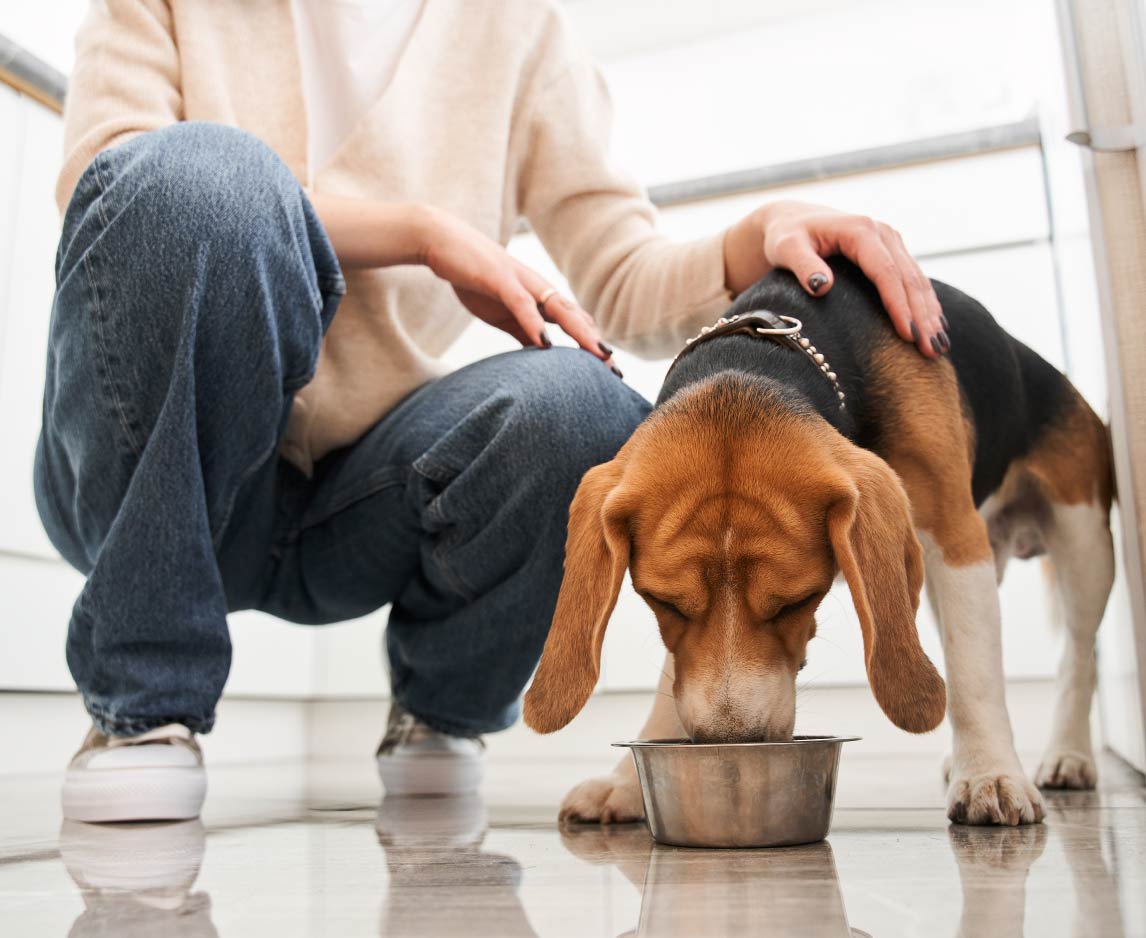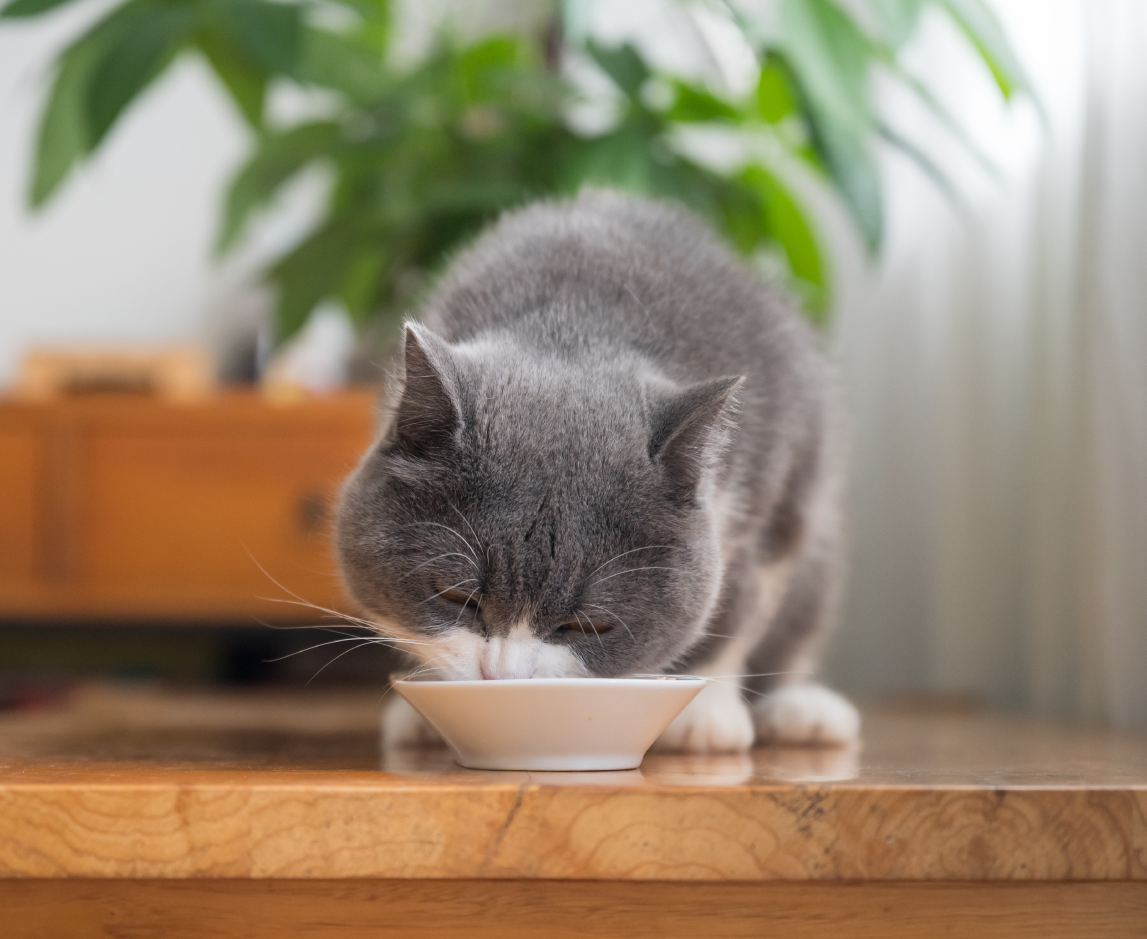Our enchantment with summer may begin in childhood when the warmer months brought long, carefree days with friends, endless daylight, and perhaps even summer camp or family vacation. Although summer as an adult may no longer mean freedom from responsibility and schedules, these warmer months can certainly bring enjoyment. Of course, pet parents love including their four legged companions in any family activity so let’s look at some things to keep in mind when enjoying the summer with our pets…
Heat Safety
Along with the much more plentiful daylight hours brought by summer comes higher temperatures and the inherent risks of warmer temperatures. Fortunately, with some forethought and safety planning, pets can enjoy summer right alongside us!
Never Leave a Pet in a Parked Car
The Humane Society of the United States reports: On an 85 degree day, a car left with its window cracked open will reach 102 degrees in 10 minutes and 120 degrees only 20 minutes after that. It's not just the heat, but also the humidity that is dangerous. On humid days, a dog's ability to release heat by removing moisture from their lungs through panting is diminished due to higher moisture content in the air.
Limit Exercise
Try to limit outdoor walks and playtime to the early morning and evening hours. Additionally, it’s better to have your pet's exercise take place on grass as asphalt can get extremely hot. Like humans, pets need breaks for both hydration and rest.
Don't Rely on a Fan
Fans don't cool pets as effectively as humans. In fact, the mechanism of heat removal through perspiration is greatly reduced because of the amount of fur/hair on a pet’s body.
Provide Ample Shade and Water
Anytime your pet is outside, be sure to provide cool, clean water. All shade is not created equal. In fact, some dog houses can actually magnify heat levels. Because of this, it's important to find an optimal shaded spot for your pet that allows air to circulate.
The Importance of Hydration
It’s pretty well known that the human body is made up of almost 60% water. And like us, pets have a similar amount of water contributing to their total body composition. Let’s look at what exactly the average 60% of moisture contained in pets’ bodies facilitates:
- Prevention of infection/disease
- Increase in energy
- Improvement in skin and/or coat quality
- Maintaining healthy body temperature and blood pressure/circulation
- Improvement in digestion
- Quick recovery from illness or injury
Of course, this is just the “Reader’s Digest” version of the ways water supports life! Even so, this information gets the point across on why it’s so important to maintain a pet’s hydration levels during the summer so that all these bodily functions continue to run properly.
Changes in Schedules
The similarities between humans and our animal companions don’t end with the majority of our bodies consisting of water. In fact, both dogs and humans develop a sense of security in the comfort of routine in their daily activities. With the changes in weather, different daily schedules, and possible travel or houseguests, summer presents many anxiety-inducing opportunities to pets. It’s important to keep feeding, toileting, and exercising schedules as similar as possible across the summer months for pets' well-being.
FAQs
What problems can the fireworks bring to pets?
With the celebration of our nation’s birthday landing on July 4th and many other outdoor gatherings/events occurring in summer, fireworks often are a part of the festivities. The fact that these loud explosions are not the norm can be problematic for pets for these reasons:
Fight or Flight Response - While many pet parents report their four-legged family hiding in a closet or under furniture when exposed to fireworks (even at a distance), pets have also been known to flee the area in search of escape. While it’s always a good idea to keep your pet’s identifications and registrations up to date; the simple step of ensuring accurate and visible identification during the summer months can be invaluable in bringing a wandering pet home!
Exploratory Eating - Unlike us humans with opposable thumbs who prefer to use our hands to explore novel items, a pet's go-to method is to use their mouths when searching for unknown items. The chemicals and heavy metals often contained in fireworks can accidentally be ingested by a curious pet. Also, residue left behind after fireworks explode can still present danger, making cleanup very important. No matter how careful we are, accidents can happen. Remember, if you suspect your pet has ingested any harmful substance, don’t hesitate to contact your veterinarian or the ASPCA Animal Poison Control Center 24 hour hotline at (888) 426-4435.
Do I need to worry about protecting my pet’s skin from harm with the added UV exposure during summer?
While the fur on a pet’s body does indeed provide some protection from enhanced sun exposure during summer, pets can still be vulnerable to the effects of UV rays. In fact, pets with thin or light colored coats, exposed skin (ie. on the belly, nose, or shaved areas), or pets with conditions causing hair loss experience greater risk. A caution on indoor cats; most ordinary windows do not offer UV protection, putting windowsill nappers at risk. Always remember to limit sun exposure by providing ample shade, limiting outdoor activity during high UV level times (generally between 9am-5pm), and applying a pet safe sunscreen to exposed skin.
Are any changes to diet necessary for cats or dogs in the summer months?
Since pets use up a lot of bodily energy to regulate body temperature in warmer weather, it is perhaps not surprising that their appetites sometimes decrease during the summer. This can be problematic during periods of increased aerobic activity like hiking, walks, swimming, or fetch in the yard. While a diet change during the summer is not necessarily required if a pet’s nutritional intake stays complete and balanced through adequate consumption, some things to consider are:
Cooling Proteins - While the idea of Traditional Chinese Medicine (TCM) can be controversial among those more scientifically focused, its long standing history and anecdotal support make it something worthy of exploration. Most of us have heard the terms “Yin” and “Yang” used in the description of energy balance. TCM holds that certain foods have cooling properties which can help regulate body temperature and promote health during warmer months. While protein is essential to tissue growth, cooling proteins are thought to be ideal for feeding in warm times. Examples include: Duck, rabbit, eggs, whitefish, and pork.
Hydrating Treats - By serving bite-sized frozen or cool vegetables to a pet in summer you accomplish two things: Boost hydration and encourage energy consumption. In addition to the high moisture content in pet friendly snacks like cucumbers, watermelon, and celery, pets get the added boost of healthy micronutrients.
No Matter the Season…
Regardless of the season you and your pet find yourselves in, the goal is always the same: To promote pets living their happiest and healthiest life possible. By following some heat safety steps and ensuring healthy hydration and consistent nutrition, summer can be a fun time for pets and their humans. To explore some of our amazing nutrition offerings, including wet and dry options of varied proteins, visit RAWZ and join us in improving the lives of people and pets.





